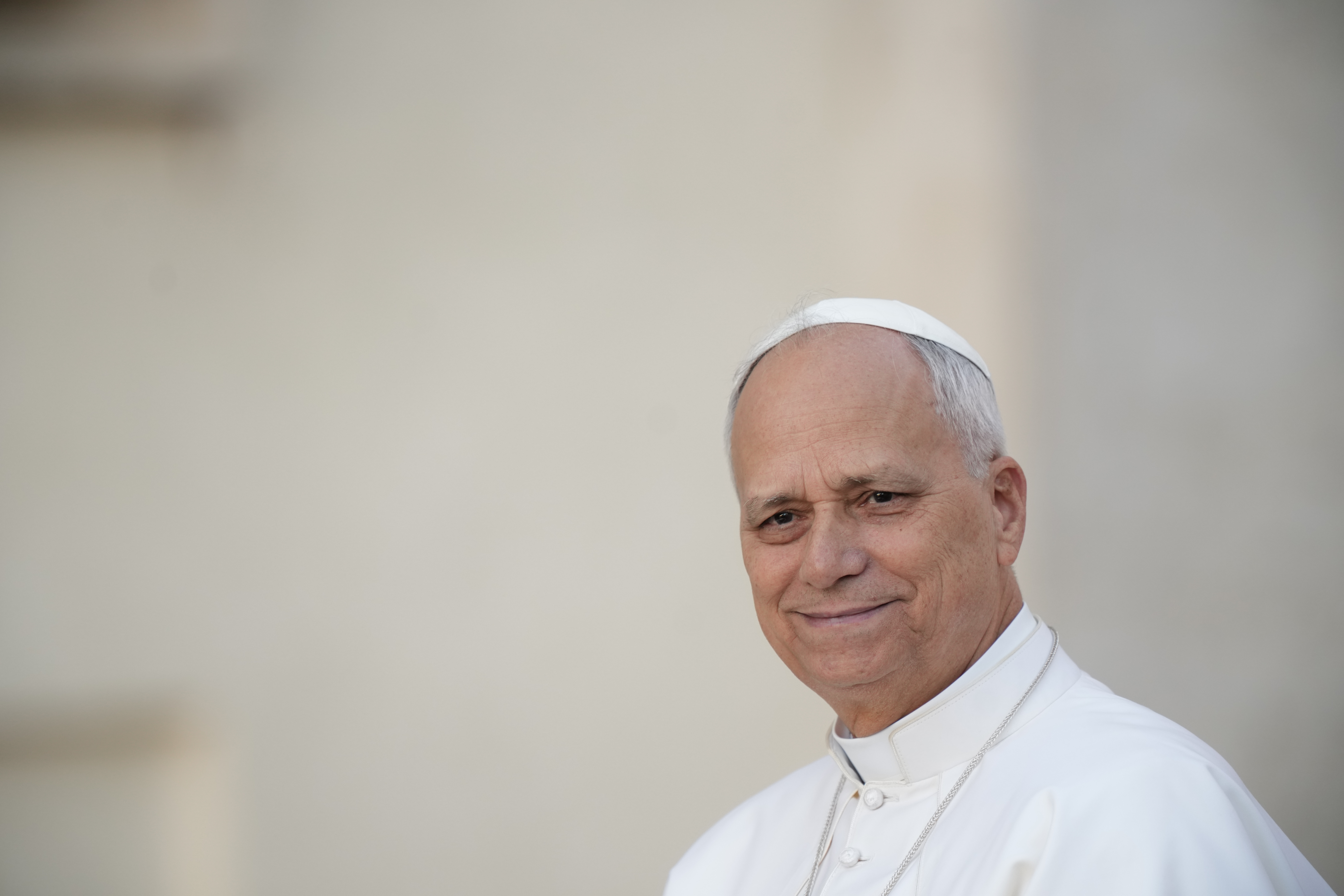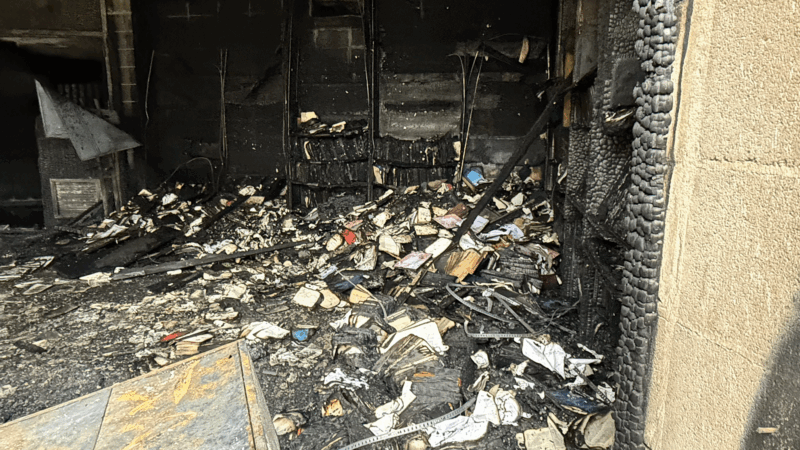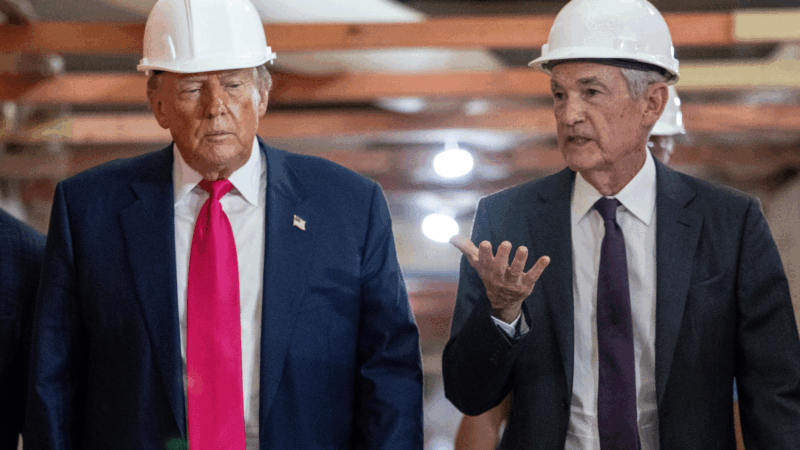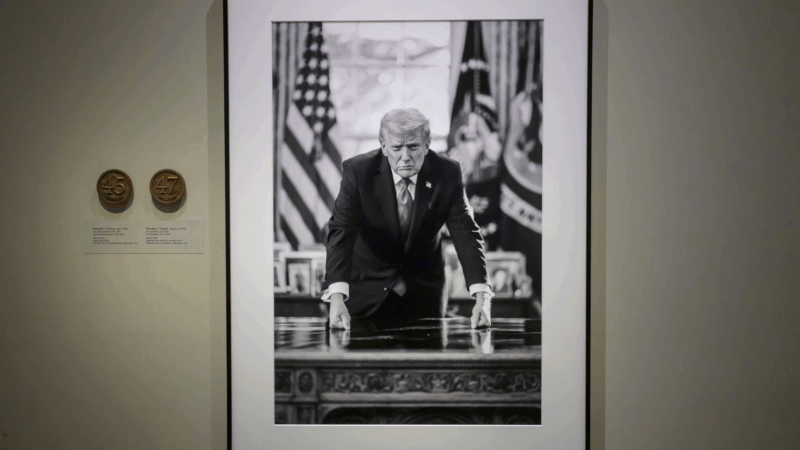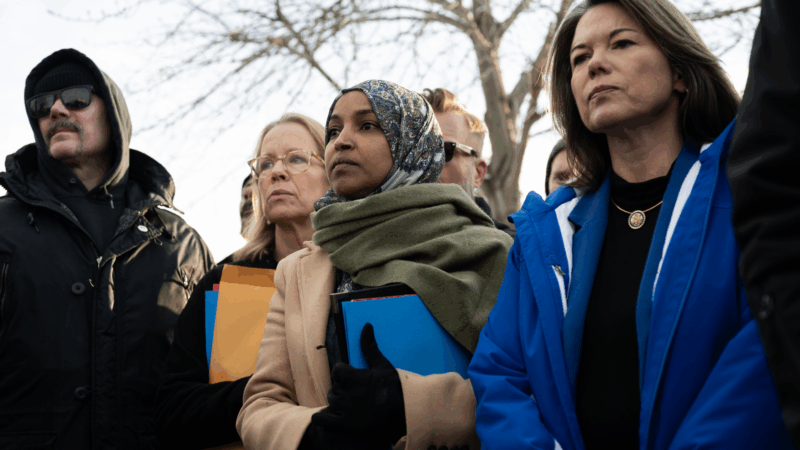Pope Leo says faith and love for migrants are connected
VATICAN CITY – In the first official document of his papacy, Pope Leo XIV placed the poor at the heart of the Catholic Church’s teaching, calling bishops around the world to take on the mantle of social justice in defense of the most vulnerable in society, including migrants.
“The Church, like a mother, accompanies those who are walking,” Leo wrote in the document released by the Vatican on Thursday.
“Where the world sees threats, she sees children; where walls are built, she builds bridges. She knows that her proclamation of the Gospel is credible only when it is translated into gestures of closeness and welcome. And she knows that in every rejected migrant, it is Christ himself who knocks at the door of the community.”
The exhortation, “Dilexi te” (I Have Loved You), divided into five chapters, is addressed to “All Christians.” It was signed on Oct. 4, on the feast of St. Francis of Assisi and follows in the footsteps of his predecessors, who starting with St. John XXIII issued forceful document urging nations and believers to care for the poorest in society.
“No Christian can regard the poor simply as a societal problem; they are part of our ‘family,'” Leo writes. “They are “‘one of us.'”
The exhortation was framed around the last encyclical by Pope Francis, “Dilexit Nos,” which underscored the connection between love for God and love for the poor.
It picks up where Francis left off, when the Latin American pontiff called for a “preferential treatment for the poor” and the need for a “poor church for the poor.” Francis’ first encyclical, Lumen Fidei (The Light of Faith) was, likewise, the completion of a document initially drafted by his predecessor Pope Benedict XVI.
While the document focuses on the importance of caring for the poorest in society, including existential forms of poverty of those who have “no rights, no space, no freedom,” Leo devotes three paragraphs to the plight of immigrants and refugees.
In the past month, Leo has been increasingly vocal in his appeals to welcome the stranger, especially in his native United States, where the Trump administration is carrying out aggressive deportation policies.
The pope praised the longstanding tradition in the church to welcome migrants, citing the efforts of the Catholic charities umbrella group Caritas Internationalis. On Thursday, Leo also sent a message to the Catholic Charities USA Network, which has been impacted by the freeze of federal funds for nonprofit organizations, praising their work with migrants and encouraging them to continue their efforts as “agents of hope.”
The pope challenges modern societies who have done too little to eradicate inequality and calls people of good will to take on the mantle of social justice.
“I can only state once more that inequality is ‘the root of all social ills’,” he wrote.
Leo questioned a world where the wealth of the elite grows “exponentially” while many “millions of people die of hunger or survive in conditions unfit for human beings.” He also criticized “ideologies that defend the absolute autonomy of the marketplace and financial speculation,” with false promises “that a free-market economy will automatically solve the problem of poverty.”
Leo described a “new tyranny,” which shuns any kind of oversight and where the economy is structured “in such a way that sacrifices are demanded of the masses in order to serve the needs of the powerful.” The poor, he wrote, are only allowed “drops that trickle down.”
The pope openly challenged “prosperity theology” and called Christians to the practice of giving charity. “It will not solve the problem of world poverty, yet it must still be carried out, with intelligence, diligence and social responsibility,” he wrote.
Popular movements that challenge “the empire of money,” invite people to take on the cause to combat poverty alongside the poor, instead of on their behalf, and “make history,” the pope said. It our duty, Leo said, to “make their voices heard, albeit in different ways, in order to point out and denounce such structural issues, even at the cost of appearing foolish or naïve.”
A church that does not work to help the poor and marginalized will “risk breaking down, however much it may talk about social issues or criticize governments. It will easily drift into a spiritual worldliness camouflaged by religious practices, unproductive meetings and empty talk,” he said.
He also criticized the image of a church adorned with silks while the poor shiver outside. “God does not need golden vessels, but golden souls,” he said.
Faced with “the structural causes of poverty,” Catholics are at a moral crossroads: “Either we regain our moral and spiritual dignity or we fall into a cesspool,” Leo said.
As our world undergoes an “epochal change” in the context of new technologies and discoveries, the pope urged engagement with the poor who “are possessed of a special light for understanding it,” and to use science and technology as a force for good.
Women are lifted as examples of people who are often “doubly poor” and, in many places around the world, the first to lose their dignity and their rights. The pope raised the examples of saints, like Francis of Assisi and Mother Theresa of Calcutta, who laid the path of mercy and accompanying the poor.
He also presented the vast number of religious orders, monks, nuns and missionaries all over the world who for centuries and today work to combat “modern forms of slavery,” including human trafficking, forced labor and sexual exploitation.
The church has a role especially in the field of education, the pope said.
This story will be updated. It was produced through a collaboration between NPR and Religion News Service.
Arson engulfs Mississippi synagogue, a congregation once bombed by Ku Klux Klan
A suspect is charged with arson in a fire that burned through a synagogue in Mississippi. Flames and smoke destroyed its library, housing Torahs.
DOJ subpoenas Federal Reserve in escalating pressure campaign
The Justice Department has subpoenaed the Fed over chair Jerome Powell's testimony over the central bank's headquarters renovation. Powell calls it part of a pressure campaign over interest rates.
The 2026 Golden Globe awards are Sunday. Here’s how to watch
The 2026 Golden Globes air on Sunday night starting at 8 p.m. ET / 5 p.m. PT.
National Portrait Gallery removes impeachment references next to Trump photo
A new portrait of President Trump is on display at the National Portrait Gallery's "America's Presidents" exhibition. Text accompanying the portrait removes references to Trump's impeachments.
America’s top figure skaters dazzled St. Louis. I left with a new love for the sport.
The U.S. Figure Skating National Championships brought the who's who of the sport to St. Louis. St. Louis Public Radio Visuals Editor Brian Munoz left a new fan of the Olympic sport.
DHS restricts congressional visits to ICE facilities in Minneapolis with new policy
A memo from Homeland Security Secretary Kristi Noem, obtained by NPR, instructs her staff that visits should be requested at least seven days in advance.

